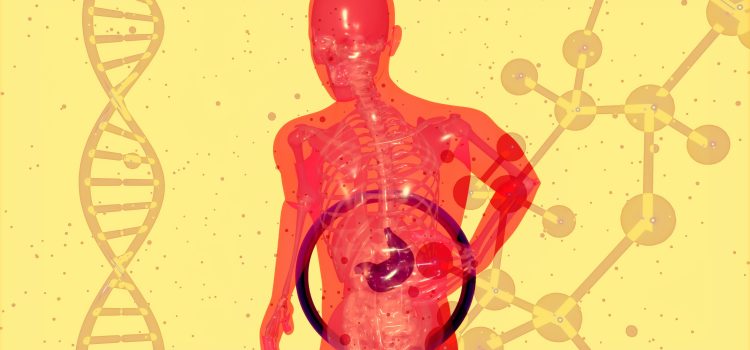
The liver is one of the most important organs in our body, responsible for filtering toxins and regulating metabolism. A healthy liver is essential for overall health and well-being. In this article, we will provide you with the ultimate guide to maintaining a healthy liver.
- Maintain a healthy diet A healthy diet is crucial for a healthy liver. Foods that are high in fat, sugar, and salt should be avoided. Instead, a diet rich in fruits, vegetables, and whole grains is recommended. Foods that are high in antioxidants, such as berries, green tea, and dark chocolate, can also help protect the liver from damage.
- Limit alcohol consumption Excessive alcohol consumption can cause serious damage to the liver. To maintain a healthy liver, it is important to limit alcohol consumption. The recommended limit is one drink per day for women and two drinks per day for men.
- Exercise regularly Regular exercise can help maintain a healthy weight, which is important for a healthy liver. Exercise also helps reduce inflammation in the liver and improves overall liver function. Aim for at least 30 minutes of moderate exercise most days of the week.
- Avoid toxins Toxins such as pesticides, chemicals, and pollutants can be harmful to the liver. Limit exposure to toxins by using natural cleaning products, avoiding smoking and secondhand smoke, and limiting exposure to chemicals at work.
- Get vaccinated Certain viruses, such as hepatitis A and B, can cause serious liver damage. Get vaccinated to protect against these viruses and reduce your risk of liver damage.
- Manage medications Some medications can cause liver damage. Talk to your doctor or pharmacist before taking any medications, including over-the-counter medications and supplements. Follow dosage instructions carefully and never mix medications without consulting your healthcare provider.
- Maintain a healthy weight Being overweight or obese can increase your risk of developing fatty liver disease, which can lead to liver damage. Maintain a healthy weight through a healthy diet and regular exercise.
- Get regular check-ups Regular check-ups with your healthcare provider can help detect any liver problems early. If you have a family history of liver disease or have any symptoms such as abdominal pain or yellowing of the skin and eyes, talk to your healthcare provider about getting a liver function test.
In conclusion, a healthy liver is essential for overall health and well-being. By following these simple steps, you can maintain a healthy liver and reduce your risk of liver damage. Remember, prevention is key. Take care of your liver, and it will take care of you.










